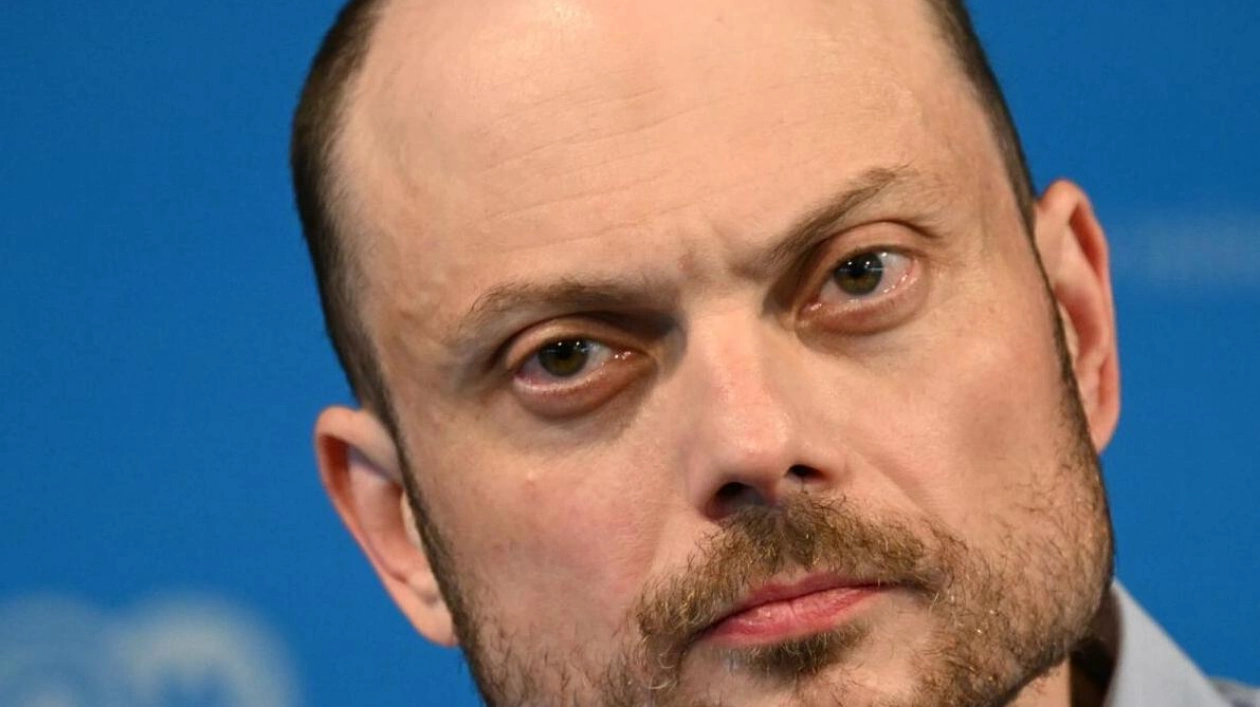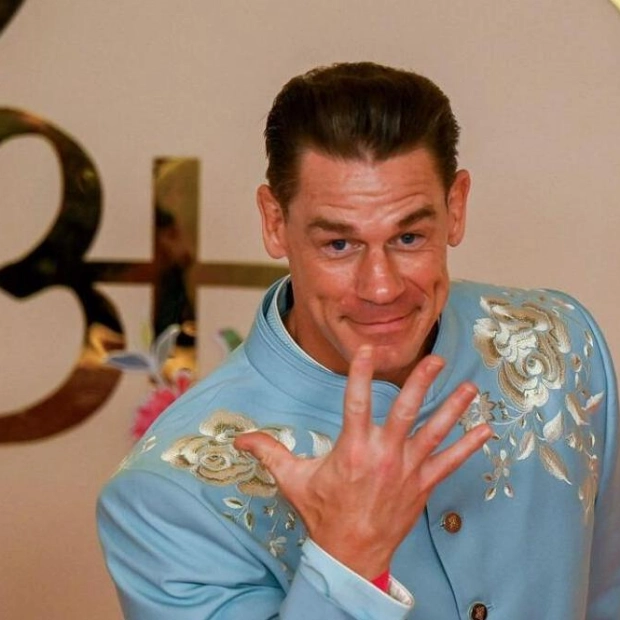Kara-Murza, who is serving a 25-year prison sentence on charges including treason, questioned whether Western sanctions against Moscow were unfair and counterproductive, as they impact ordinary Russian citizens, not just President Vladimir Putin and his elite. Andriy Yermak, chief of staff to President Volodymyr Zelensky, responded sharply, stating that the primary goal for all Russians should be to free Russia from Putin's dictatorial regime, rather than opposing sanctions. He emphasized that sanctions should be reinforced as long as Russia persists in its armed aggression, as they are crucial in constraining the regime's military capabilities.
Ukrainian analysts expressed concern that high-profile Russian dissidents could sway Western policies, potentially causing friction with Kyiv's stance. Maria Zolkina, a research fellow at the London School of Economics, noted the difficulty in advocating for stricter sanctions when prominent Russian liberals call for easing sanctions on ordinary Russians. Kara-Murza and other Russian opposition figures argue that broad sanctions bolster Kremlin propaganda.
Ilya Yashin, who was recently released after serving time for condemning the massacre by Russian forces in Bucha, Ukraine, sparked controversy by advocating for peace talks between Ukraine and Russia. He suggested that it was necessary to negotiate, acknowledging the frustration this might cause among Ukrainians. However, Kyiv currently opposes direct negotiations with Moscow, fearing that any ceasefire could be exploited by Russia to regroup and launch another attack.
In response to the backlash in Ukraine, Yashin clarified his stance in a YouTube video, reiterating his opposition to Russia's invasion and asserting that he is not an enemy of Ukraine. This dispute highlights the shifting views in Ukraine towards Russia's opposition movement, which was once seen as a potential force against Putin.
Despite their genuine anti-war stance, experts like Sam Greene from King's College London argue that the nuanced arguments of Russian opposition figures on sanctions and public opinion do not ensure Ukraine's security. Ukrainians are justifiably concerned that focusing on the dream of Russian democracy might divert attention from supporting Ukraine's victory in the war. Kara-Murza, responding to criticism, acknowledged the shared responsibility of Russian society for the actions of the Putin regime and emphasized the necessity for Ukraine to win the war with increased support from Western countries.






